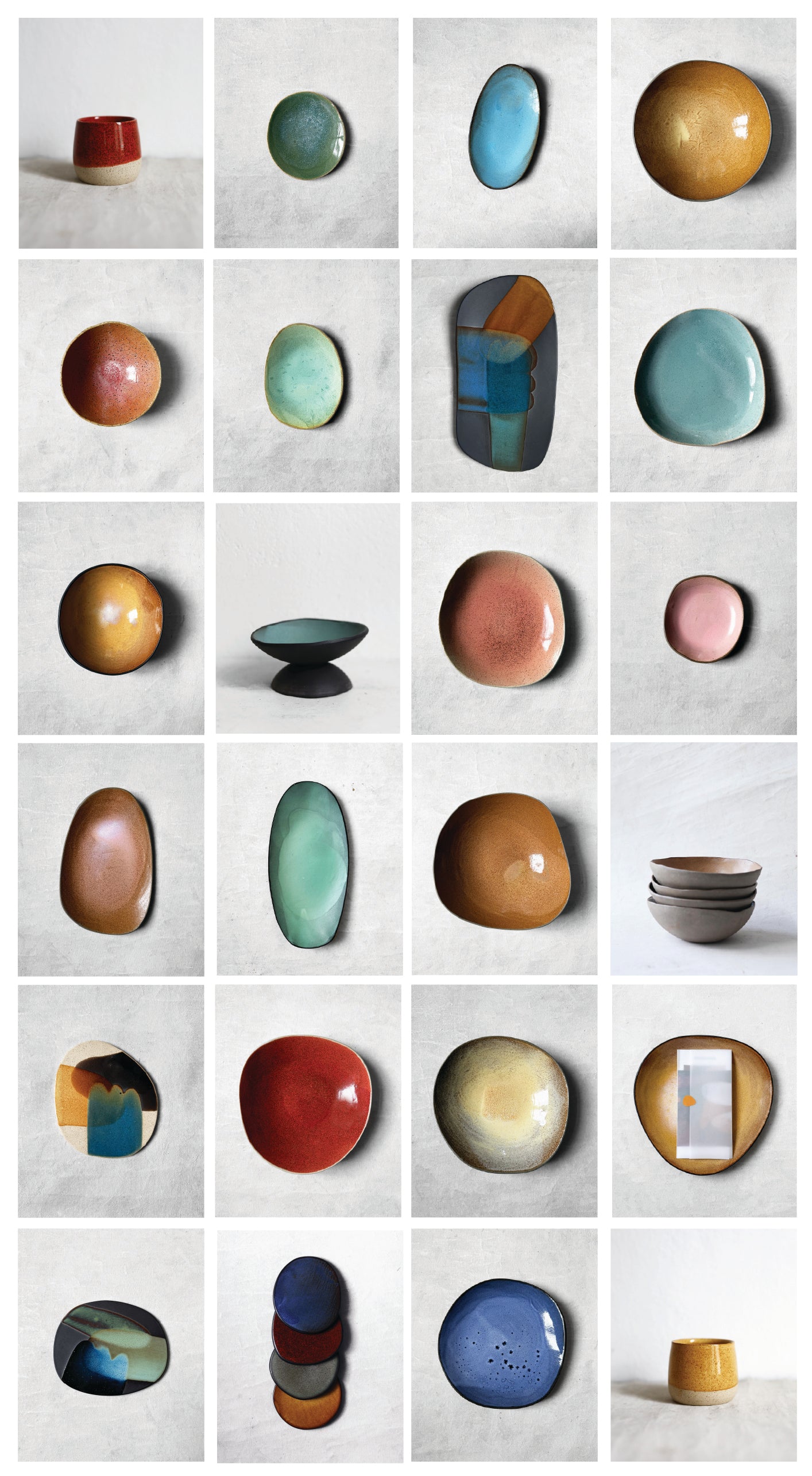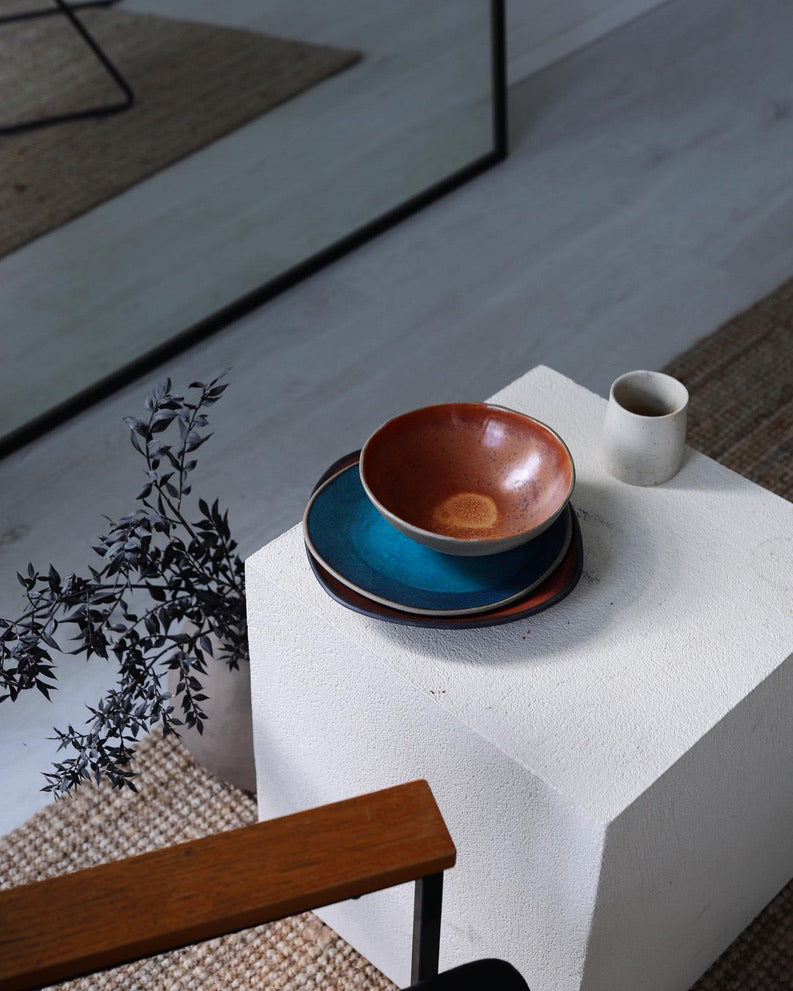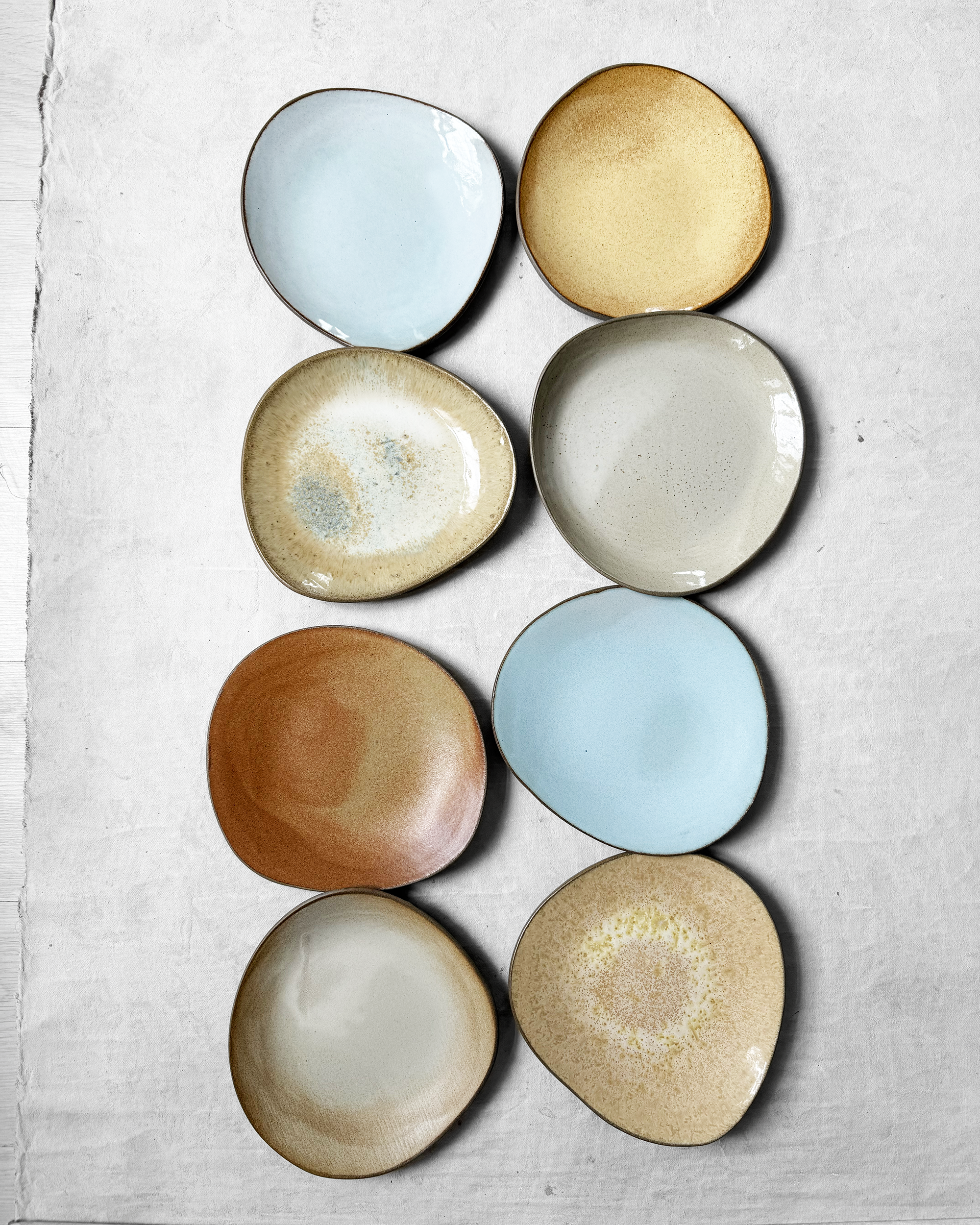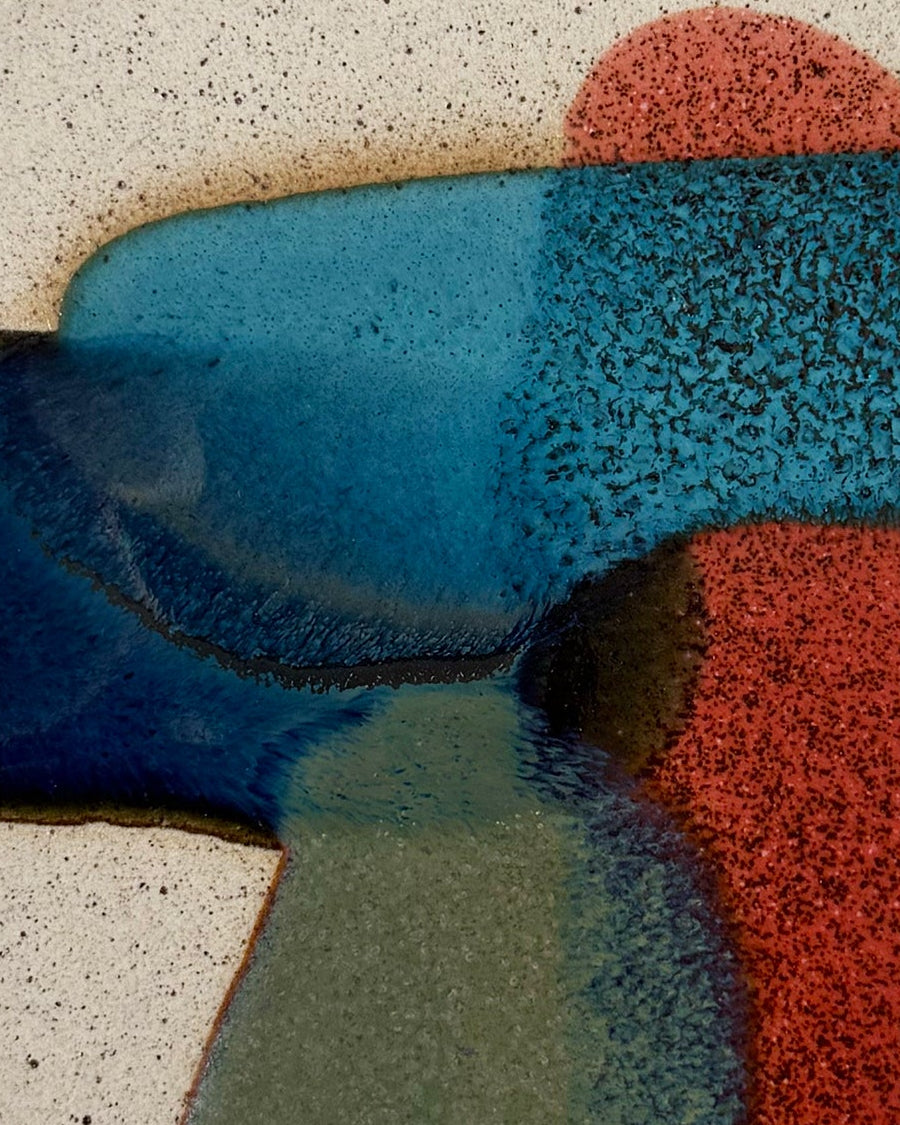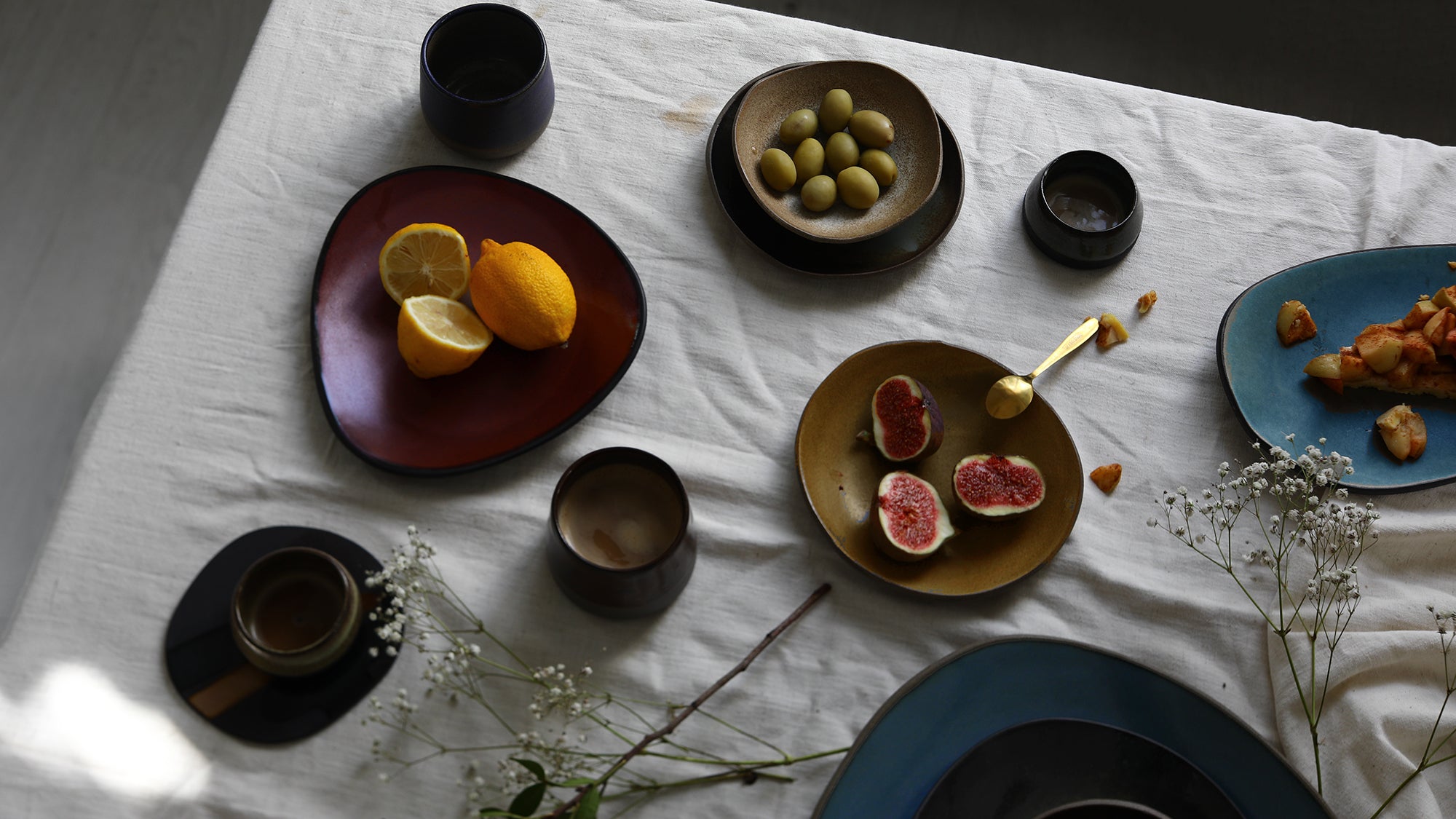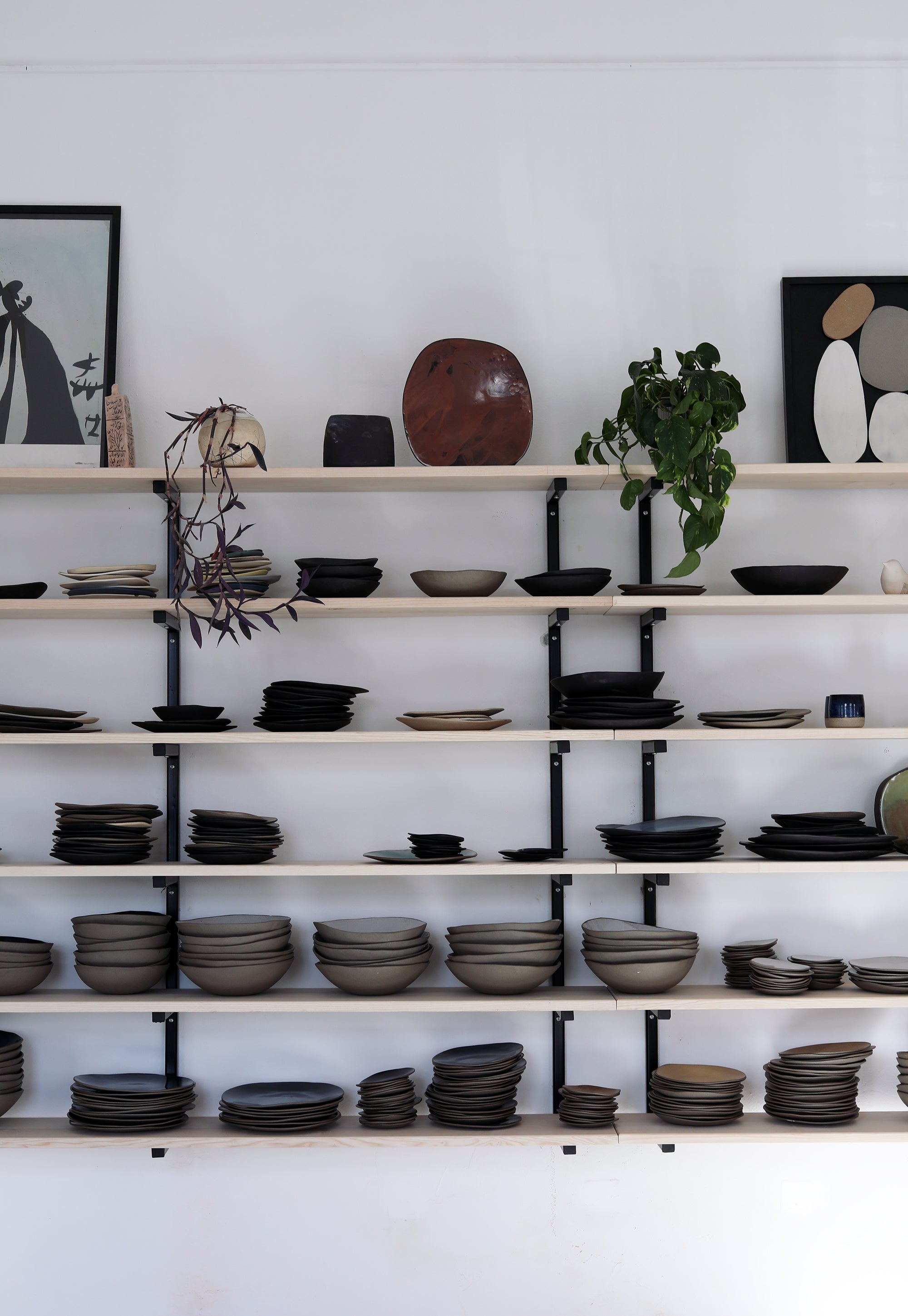My stoneware tableware is a durable and versatile choice for your dining needs. It's sturdy and doesn't chip easily. Here are few tips to ensure your plates and bowls remain in excellent condition even after hundreds or uses:
While stoneware tableware is generally dishwasher safe, hand-washing is recommended to prolong its lifespan of any ceramics!
Use warm, soapy water and a soft sponge or cloth to clean the tableware. Avoid abrasive scrubbers or scouring pads, as they can scratch the glaze.
If you choose to use a dishwasher, ensure that the stoneware pieces are spaced apart to prevent them from knocking against each other. Avoid the high-heat drying cycle, as extreme temperature changes can stress the stoneware and potentially cause cracking.
Stoneware can withstand oven and microwave use; however, avoid subjecting it to extreme temperature changes. Do not take stoneware directly from the freezer and place it in a hot oven or microwave, as this can cause thermal shock and lead to cracking.
When using stoneware in the oven, preheat the oven with the stoneware inside to prevent thermal shock. Avoid placing frozen stoneware directly into a preheated oven.
My stoneware tableware is made so it nests neatly on top of each other. Avoid nesting too many pieces at once as this can cause breakage.
Periodically inspect the glaze for any signs of wear, cracking, or chipping. If the scratch looks matte, rough, stained, or shows different-colored clay beneath, the glaze is compromised. If it’s just a grey line from cutlery on a shiny surface, the glaze is still intact.
Avoid cutting directly on stoneware surfaces, as this can damage both the tableware and your knives.
